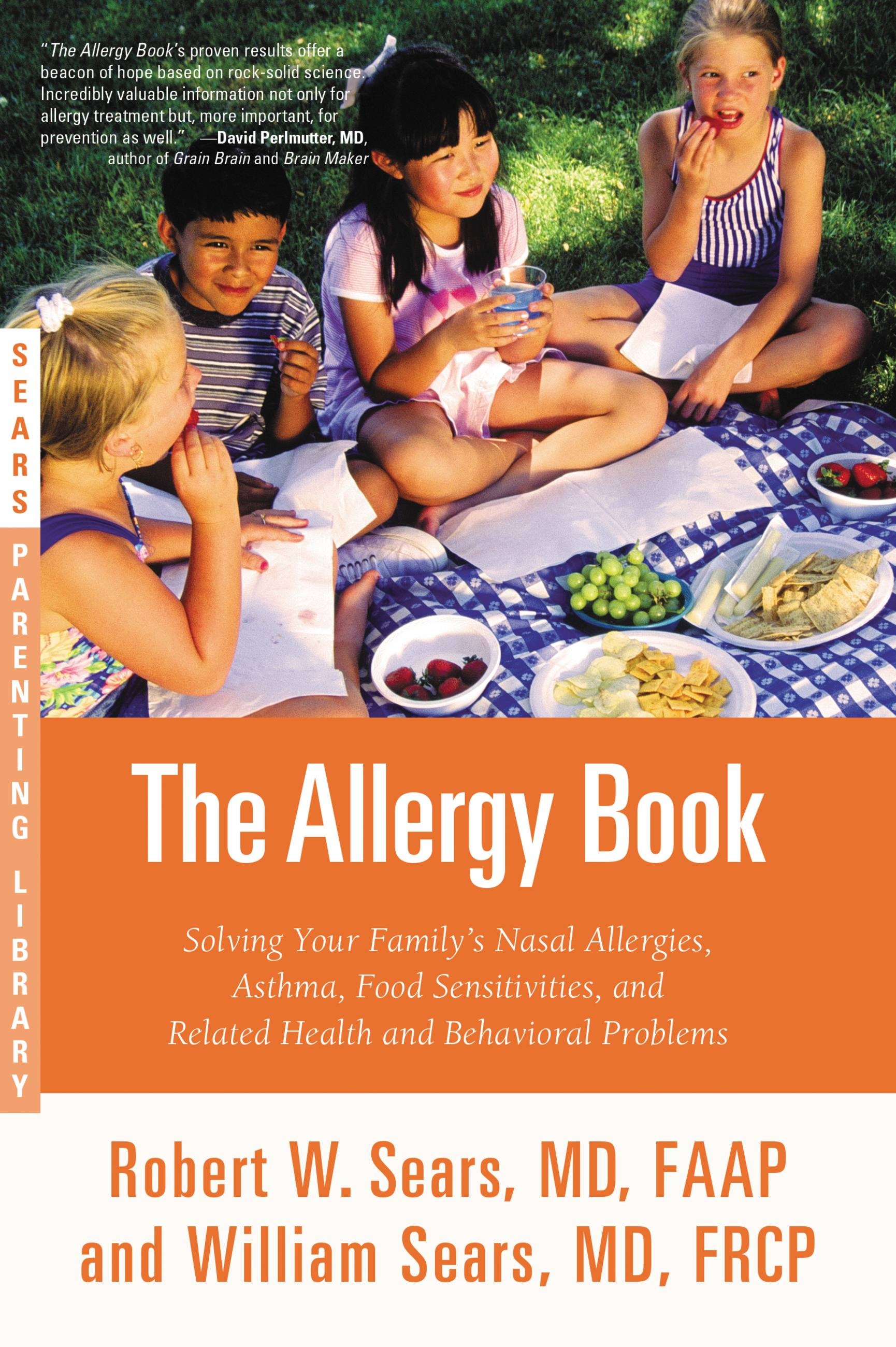Swollen lymph nodes can be caused by allergies, which trigger an immune response in the body. Allergens can cause the lymph nodes to swell as the immune system works to fight off the perceived threat.
People with allergies may experience swollen lymph nodes in response to common allergies such as pollen, pet dander, or certain foods. These swollen lymph nodes are usually a result of the inflammation caused by the allergic reaction, and typically subside once the immune response has calmed down.
It is important to manage and treat allergies to reduce the likelihood of swollen lymph nodes and other allergy symptoms.
Causes Of Swollen Lymph Nodes Allergies
Swollen lymph nodes are a common symptom of allergies. Allergens, such as pollen or pet dander, can trigger an immune system response, causing the lymph nodes to become swollen. When the body detects these allergens, it releases histamines and other chemicals, leading to inflammation and swelling of the lymph nodes.
In some cases, infections or illnesses can also cause the lymph nodes to swell. Bacterial, viral, or fungal infections can activate the immune system and result in lymph node enlargement. Additionally, certain illnesses like mononucleosis or tuberculosis can also lead to swollen lymph nodes.
It is important to identify and treat the underlying cause of swollen lymph nodes allergies to alleviate symptoms and promote overall health. Medical assistance should be sought if the swelling persists or is accompanied by other concerning symptoms.
Symptoms And Diagnosis Of Swollen Lymph Nodes Allergies
Swollen lymph nodes allergies come with a range of symptoms and discomfort. Enlarged lymph nodes in the body can be an indication of an allergic reaction. Alongside the swelling, you may experience tenderness and pain in the affected area. These symptoms can cause discomfort and make it difficult to move or perform daily activities.
To diagnose swollen lymph nodes allergies, medical evaluations and diagnostic tests are essential. A healthcare professional may conduct a physical examination, checking for any signs of inflammation or infection. They may also order blood tests or imaging scans to determine the underlying cause of the swollen lymph nodes.
Prompt diagnosis and appropriate treatment are crucial in managing allergies and reducing the discomfort caused by swollen lymph nodes.
Relief And Home Remedies For Swollen Lymph Nodes Allergies
Swollen lymph nodes allergies can be relieved through various home remedies. Over-the-counter antihistamines and medications. Natural remedies and lifestyle changes contribute to alleviating symptoms. Rest, hydration, and proper nutrition also provide benefits. These remedies can help reduce swelling and discomfort caused by allergic reactions.
It is essential to identify and avoid allergens triggering the immune response leading to swollen lymph nodes. Managing allergies with proper care and taking necessary precautions can significantly improve symptoms. Incorporating a healthy lifestyle with nutritious food and hydration is vital in strengthening the immune system.
Consulting a healthcare professional for accurate diagnosis and guidance is recommended, especially if symptoms persist or worsen. Taking proactive steps to address allergies can help individuals lead a more comfortable and symptom-free life.

Credit: www.hachettebookgroup.com
Professional Treatment Options For Swollen Lymph Nodes Allergies
Swollen lymph nodes allergies can be effectively addressed through professional treatment options. One of the recommended courses of action is consulting with an allergist or immunologist. These specialists can provide valuable insights and devise personalized treatment plans. Immunotherapy, including allergy shots, is a commonly used approach to desensitize the immune system and alleviate symptoms.
Additionally, pharmacological interventions and medications can be prescribed to manage and control allergic reactions. By seeking expert guidance and following the recommended treatment options, individuals can experience relief from the discomfort caused by swollen lymph nodes allergies. It is important to prioritize professional treatment for effective management of this condition.
So, make sure to consult with a professional allergist or immunologist to find the best course of action for your specific needs.
Preventive Measures For Swollen Lymph Nodes Allergies
Swollen lymph nodes allergies can be prevented by identifying and avoiding allergens. Maintaining good hygiene habits, such as washing hands regularly, is crucial in preventing the occurrence of swollen lymph nodes allergies. Additionally, staying proactive with regular medical check-ups helps to identify any potential allergens that may cause the condition.
By being aware of the triggers and taking appropriate measures, individuals can minimize the risk of swollen lymph nodes allergies. It is important to note that everyone’s body reacts differently to allergens, so it is essential to be vigilant and take necessary precautions.
By following these preventive measures, individuals can lead a healthier and allergy-free life. Avoiding allergens, practicing good hygiene, and staying proactive with check-ups are key in preventing swollen lymph nodes allergies.
Lifestyle Management And Coping Strategies For Swollen Lymph Nodes Allergies
Lifestyle management for swollen lymph nodes allergies involves stress management techniques for relaxation and support. Joining support groups or online communities can provide valuable guidance and understanding. Adapting to a lifestyle with allergies requires making necessary changes in our everyday routines and habits.
This could involve using allergy-friendly products, creating a safe environment, and being mindful of potential triggers. Additionally, it is important to establish a routine that includes regular exercise, a healthy diet, and sufficient sleep. By managing stress, seeking a support system, and adjusting our lifestyle, we can cope effectively with swollen lymph nodes allergies and lead a fulfilling life.
Conclusion
Swollen lymph nodes can often be a symptom of allergies. When our immune system encounters allergens, it triggers a response that may cause lymph nodes to become swollen as they work hard to filter out any potential threats. Identifying and managing allergies is crucial to alleviating this symptom.
By avoiding allergens, taking prescribed medications, and practicing good hygiene, such as washing hands regularly, we can reduce the risk of triggering allergic reactions and subsequent swollen lymph nodes. Additionally, seeking medical advice is essential for accurate diagnosis and appropriate treatment.
Remember, everyone’s body reacts differently, so understanding our individual allergies and taking necessary precautions is vital. By being proactive and staying informed, we can better manage our allergies and keep our lymph nodes healthy.










Leave a Reply
You must be logged in to post a comment.